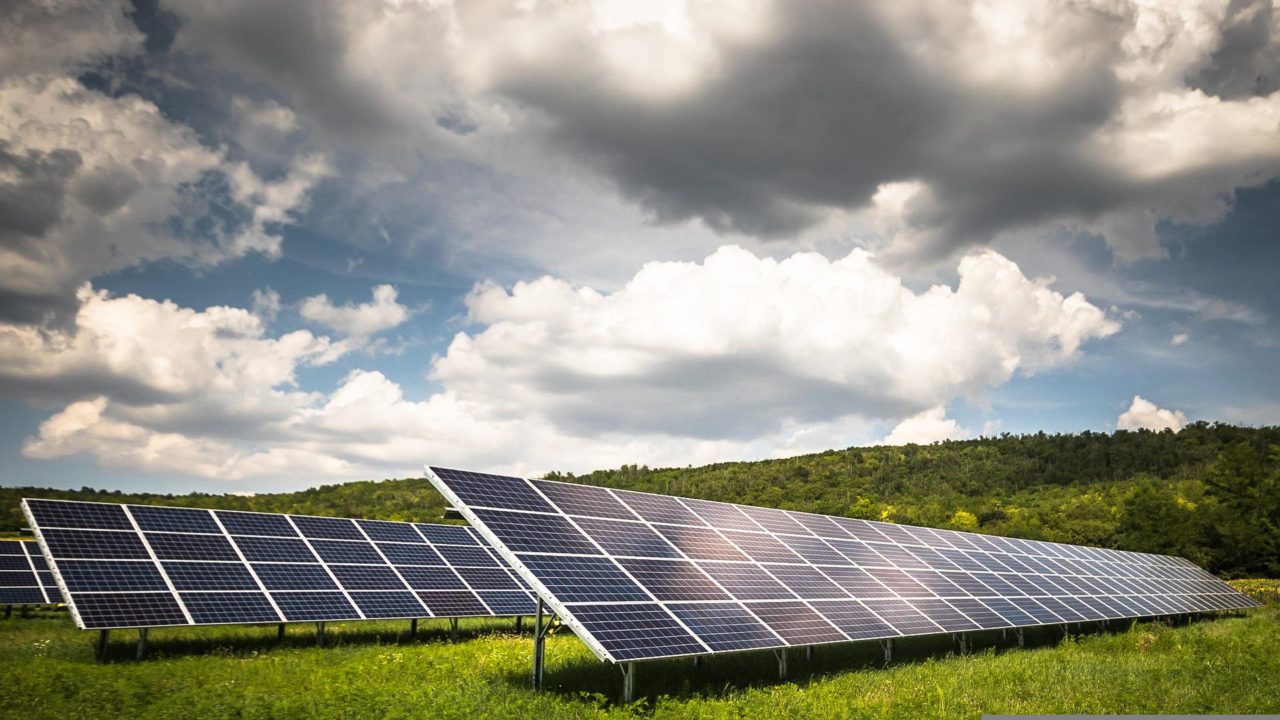Minister for the Environment, Climate and Communications, Eamon Ryan has yesterday (Friday, April 29), formally opened the first grid-scale solar project to connect to the national grid under the Renewable Electricity Support Scheme (RESS).
Located in Co. Wicklow, Millvale solar farm – developed by Neoen – has a generation capacity of 8MW and is now delivering electricity into the national grid.
The farm occupies 25ha and has 33,600 solar modules which is enough to power approximately 3,600 homes every year, avoiding 4,800 tonnes in CO2 emissions.
Millvale is the first of many solar projects expected to energise under the RESS this year, and the first of almost 600MW of solar-generation capacity secured in the auction.
Commenting on the opening of Millvale solar farm, Minister Ryan said it’s a key starting point on Ireland’s journey, under the Climate Action Plan, to install up to 2.5GW of solar energy on the electricity system by 2030. He added:
“Historically, Ireland has had a singular reliance on onshore wind for our renewable electricity. With RESS 1, we sought to create technology diversity and to promote the emerging solar industry in Ireland. I am delighted to see Millvale energise; this is Ireland’s first grid-scale solar project under RESS.”
The scheme is one of the primary policies set out in the Programme for Government and the Climate Action Plan to address Ireland’s climate challenges over the coming years.
RESS supports the growth of the green economy, creates sustainable work opportunities and benefits citizens, as renewable energy becomes more cost effective and replaces fossil fuels such as coal and peat.
The qualification process for RESS 2 is now complete and the auction opened yesterday morning (Friday, April 29) with final results due in mid June. It is anticipated that RESS 2 will, by the end of 2024, deliver a significant increase in the proportion of renewable generation delivered by solar.
Renewable energy
Key to achieving objectives outlined in the Climate Action Plan 2021, is to generate up to 80% of Ireland’s electricity from renewable sources by the end of this decade.
The plan includes projections for up to 8GW of onshore wind capacity (an increase of up to 3.5GW on current connections), at least 5GW of offshore wind capacity and up to 2.5GW of solar (PV) capacity.
Additionally, the recently launched Micro-generation Support Scheme (MSS) aims to deploy up to 380MW of new generation from renewable self-consumers, including an export payment for all micro-generators.
“Substituting wind and solar for fossil-fuel electricity generation will also displace emissions in other sectors, for example through the electrification of (car-based) transport and residential heating.”
“The Russian invasion of Ukraine, and the subsequent energy challenges, has underpinned the importance of accelerating the switch to indigenous, renewable sources of energy and reducing Ireland’s reliance on imported fossil fuels,” according to the Department of Environment, Climate and Communications.
